For most of us, 2020 has been a rollercoaster ride. Over the past six months, Americans have had to endure what felt like an unsavory brew of travel restrictions, mask orders, and a never-ending barrage of frightening forecasts. Since early March, when the COVID-19 pandemic started to spread, countless businesses have had to close, and the economy had to take a back seat to public safety.

The ensuing lockdowns caused a huge economic downturn in which tourism – a key source of income for many US states – was hit the hardest. In less than half a year, the US travel economy lost a total of $360 billion, and nearly 16.9 million people lost their jobs.
At the heart of the fallout was the US recreational fishing industry, a $125 billion business that supported over 800 thousand jobs. With over 50 million annual participants, sportfishing is also one of the pillars of American tourism, and one of the nation’s biggest recreational outlets. Ironically, it took just a few short weeks for America’s favorite pastime to become an afterthought.

The Perfect Storm
The lockdowns were going to be tough on everybody, but there were a few reasons why sportfishing would have it particularly bad. Even before the National Emergency Proclamation was official, US charter captains knew that they were headed for some very deep waters.
When Strength Becomes a Weakness
The first reason was that America’s largest charter fleets hailed from places that were also its largest tourist magnets. From Mount Pleasant to Orange Beach and San Diego, fishing guides rely on a steady stream of out-of-state visitors for their charter trips. As soon as the lockdowns were in place, that stream suddenly dried up.
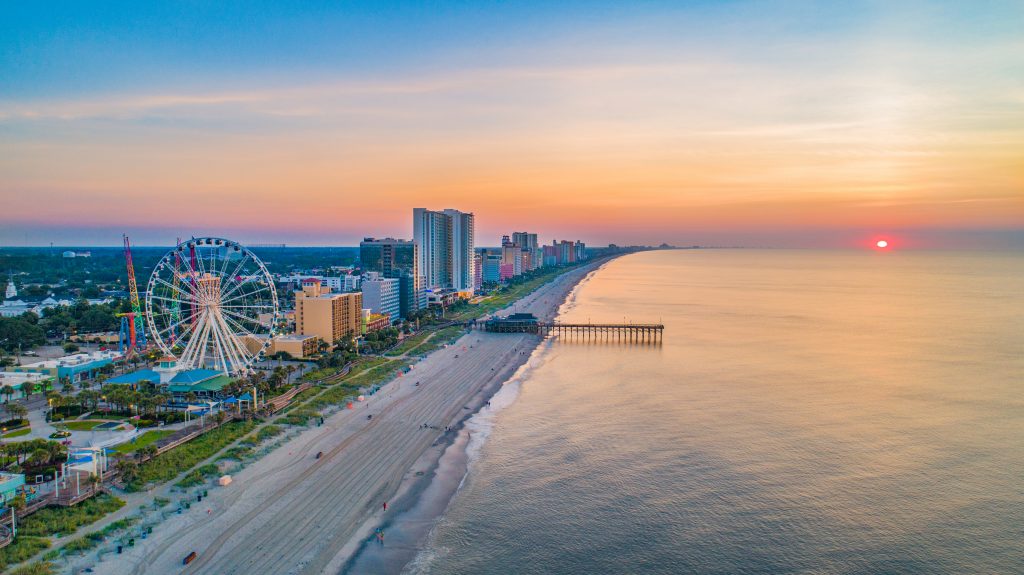
As captains pointed out at the time, it wasn’t that their customers wanted to cancel – it was their hotels that were canceling on them. And they were canceling big time: March and April saw hotel occupancy rates drop by more than 50 % nationwide.
The second reason was the timing. The Covid pandemic hit the US right around Spring Break. For anyone that’s never held a rod in their hands, this was the equivalent of losing internet on a Black Friday sale.
What made things particularly difficult was that this was expected to be the biggest spring fishing season in years. Fishing guides were counting on making a lot of money, and many had invested in new gear or even hired additional crew members.
Double Trouble
In San Diego, home to the largest recreational fishing fleet on the West Coast, spring also brought the start of convention season. As a major conference hub, the city would usually attract thousands of convention-goers to book a fishing trip to fill their downtime.
For Tiffany Cibulka and her fishing charter, these were the bread-and-butter customers. This year, as the events started getting canceled, so did Tiffany’s charters: “We’d just added a new boat, when almost our entire spring season got canceled. We couldn’t even try to reschedule our customers because they were all coming in for the conferences“.

The conference cancelations cost San Diego over $200 million in March alone. Events like the iconic Comic-Con would have to wait until next year. It seemed like local charter guides would have to do the same.
A Wipe Out
As the weeks rolled on, anglers across the country were canceling their fishing trips. According to FishingBooker’s own data, the end of the month saw charter cancelations balloon by a staggering 180 % compared to March 2019.
What really struck fear into the hearts of charter guides was the fact that nobody wanted to reschedule. And with new bookings dropping by 30 % over last year, the upcoming summer season was looking less certain by the day.
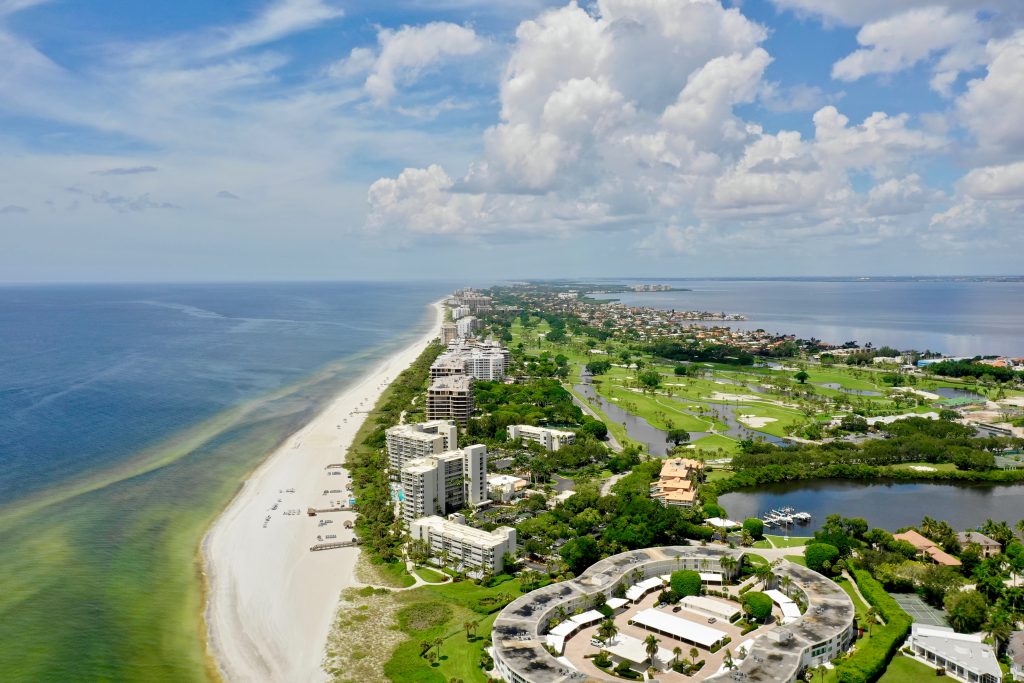
Statistics from the National Oceanic and Atmospheric Administration (NOAA) told an equally alarming story. The numbers, collected through a network of state-regional-federal surveys called the Marine Recreational Information Program (MRIP), showed that, since the start of the pandemic, every major fishery in the country had a substantial drop in charter boat outings.
In Alabama, a popular Spring Break destination, March and April of 2019 brought 17,834 trips to local charter guides. This year, that number plummeted to 5,052, which was a drop of 71 %. In Florida, the nation’s sportfishing capital, angler outings dropped from 209,833 to 47,132 – an jaw-dropping 80 %.
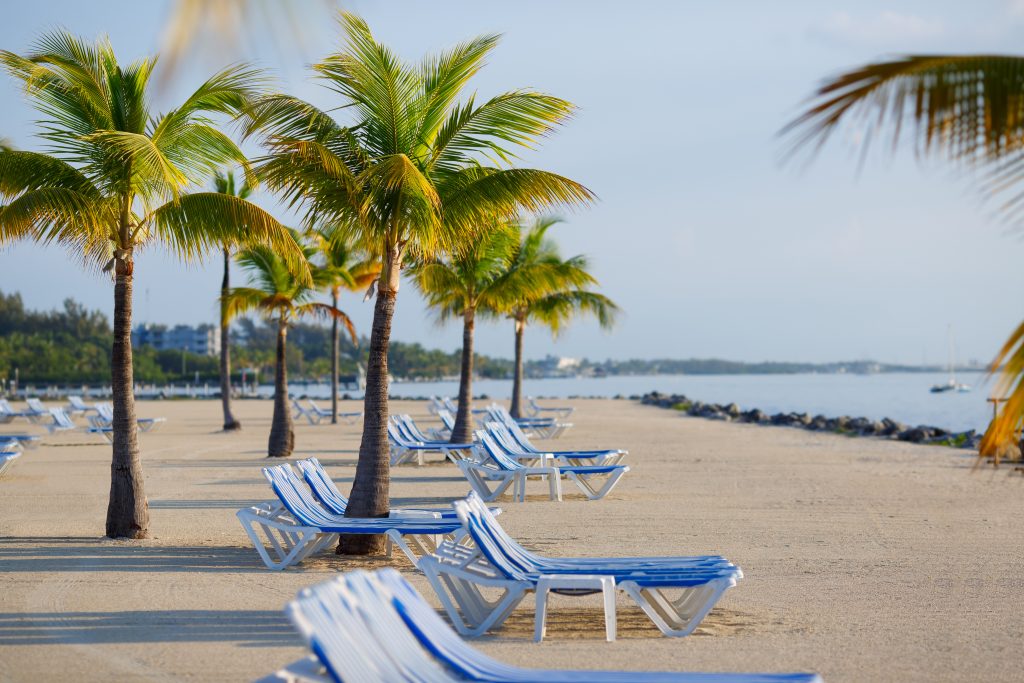
And it wasn’t just charter cancelations that made things difficult. In some places, captains couldn’t even access their boats to perform basic maintenance. North Point Marina in Winthrop Harbor, Illinois, was one such place.
Any other year, the largest marina on the Great Lakes would be abuzz with boaters and fishermen preparing for the season. The thing is, North Point Marina is located in Illinois Beach State Park.
When Illinois closed its state parks to stop COVID-19 from spreading, marinas like North Point became off limits as well. For a time at least, it seemed like its only visitors would be the local seagulls.
Staying Afloat
With COVID-19 numbers rising across the board, and no incoming customers in sight, it seemed like the pandemic had gotten the best of the sportfishing industry. Many American fishing guides were used to performing high wire acts, but this crisis was unlike anything they’d ever seen.

We talked to some people in the field and, as it turns out, charter fishing has a lot more going for it than meets the eye. Through some truly inspiring initiatives, a new clientele, a bit of good luck, recreational fishing managed to survive even the darkest days of the pandemic.
Killing Two Birds with One Stone
One of the most heartening initiatives came from an organization called Captains For Clean Water. Run by a group of local fishing guides, the Florida-based non-profit has been advocating for marine protection and healthy estuaries since 2016. This year, however, the organization recognized a completely new challenge.
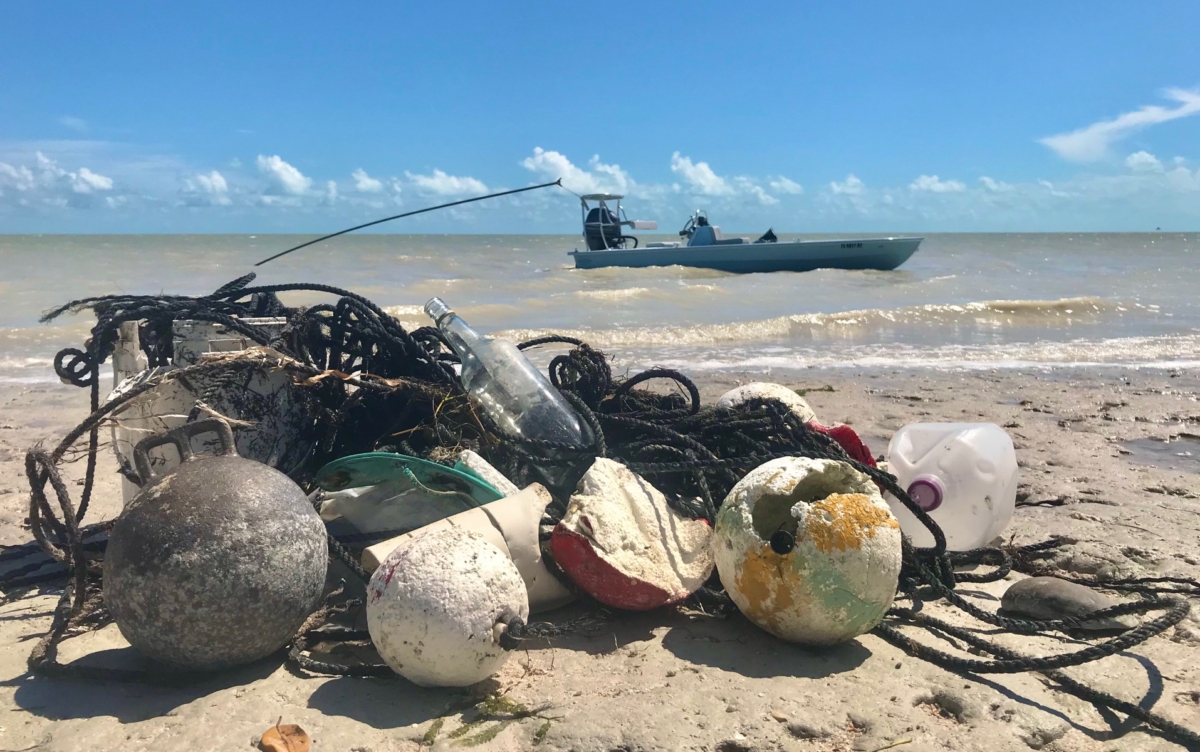
Together with generous donors, the CFCW started a fund to support fishing guides in need. The idea was to get Florida’s captains back on the water by paying them their regular charter fees. Only, instead of catching fish, the captains would try to “catch” anything from plastic bottles and tangled lines, to seat cushions and cigarette butts.
The initiative was a huge success, with the organization proclaiming: “From the Panhandle to the Florida Keys, we were able to hire 125 full-time fishing guides to load up their families and clean-up litter around their home waters, while also giving them an opportunity to teach the importance of environmental stewardship.”
Friends in Need
Another promising story came from Galveston, Texas. Here, in one of the biggest Gulf Coast fisheries, travel restrictions and beach closures put many businesses on thin ice. For Galveston Fishing Pier, an iconic Lone Star State angling spot, the loss of tourists was a major blow.
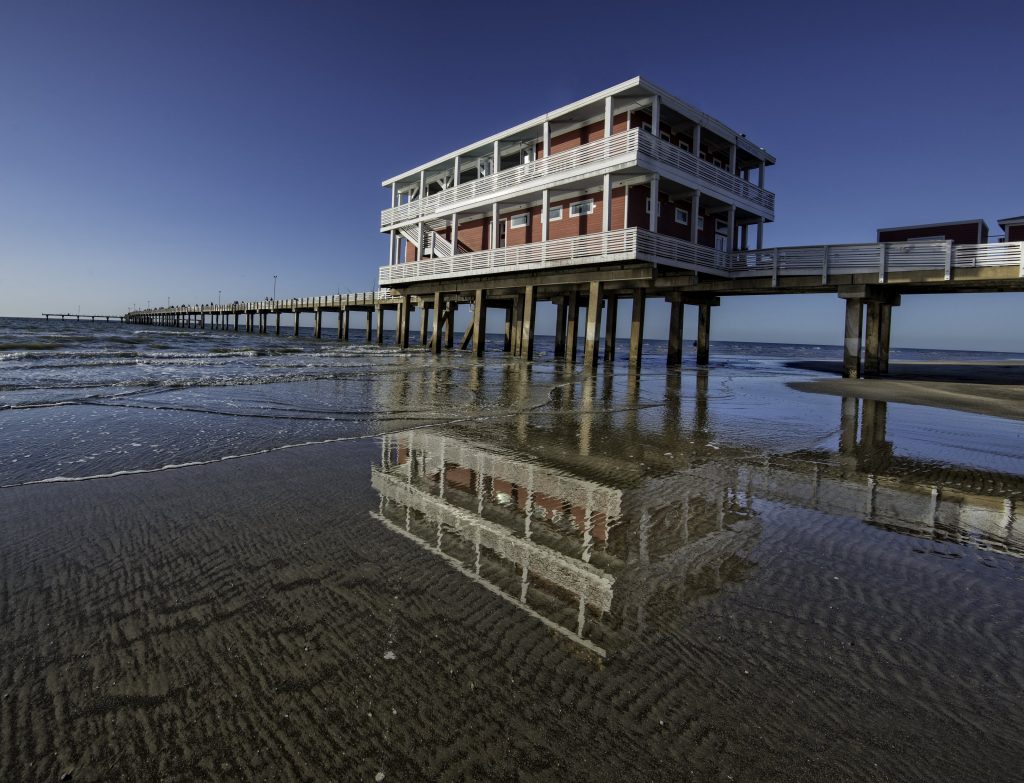
As manager Brandi Messinger explained: “The absence of tourists and the limited numbers of people we could permit onto the property due to social distancing guidelines have been a huge hit to our normal revenue stream.”
Despite the losses, Brandi says that she feels very fortunate: “When the city shut us down in March, our owner Jimmy paid us out of his pocket to make sure all employees received regular pay. I know this is not the experience of everyone in our area, and for this we are very grateful.”
A Changing Tide
While local initiatives certainly helped, they weren’t enough to cover a lost season. Thankfully, help was on the way. On May 7, The Secretary of Commerce announced the allocation of $300 million in fisheries assistance funding provided by Sec. 12005 of the Coronavirus Aid, Relief, and Economic Security Act, a.k.a. the CARES Act.
In coordination with the Atlantic States Marine Fisheries Commission, the Pacific States Marine Fisheries Commission, the Gulf States Marine Fisheries Commission, Puerto Rico, and the U.S. Virgin Islands, NOAA Fisheries has made an aid allocation plan for each recipient state.
At the time of writing, most state commissions are still developing their unique spending plans. Once these plans get the green light from the NOAA, charter guides and other business owners will be able to apply for funding.
The CARES Act relief is, no doubt, a huge deal. Ironically, that is its one fault. Because of its scale, the CARES Act money will take time to reach its beneficiaries. According to some estimates, most charter fishing guides will be able to expect payments sometime in late fall.
Right under Their Nose
The two months of lockdown took their toll on the American people. According to a recent survey, 70% of Americans had to change their vacation destinations due to COVID-19. With long-range travel mostly out of the picture, a lot of people ended up looking for something to do close to home. As it happens, local fishing charters were more than happy to help out.
For Ralph Frazier, a veteran guide out of Galveston, it was a good year: “Things were tough during the six weeks of lockdown, but I have to say, after the May 1 reopening, I was booked every single day.”

Captain Ralph has been guiding trips since 1976. Over the years, he’s had countless customers from all over the country. This year, he says, things were different: ”It was all locals. They came in and replaced all my cancellations.”
Over in Orange Beach, Captain Thomas Richardson was making the most of his first season as a guide. “We’ve had many families come down. Most weren’t really anglers, just regular people looking for something to do.”
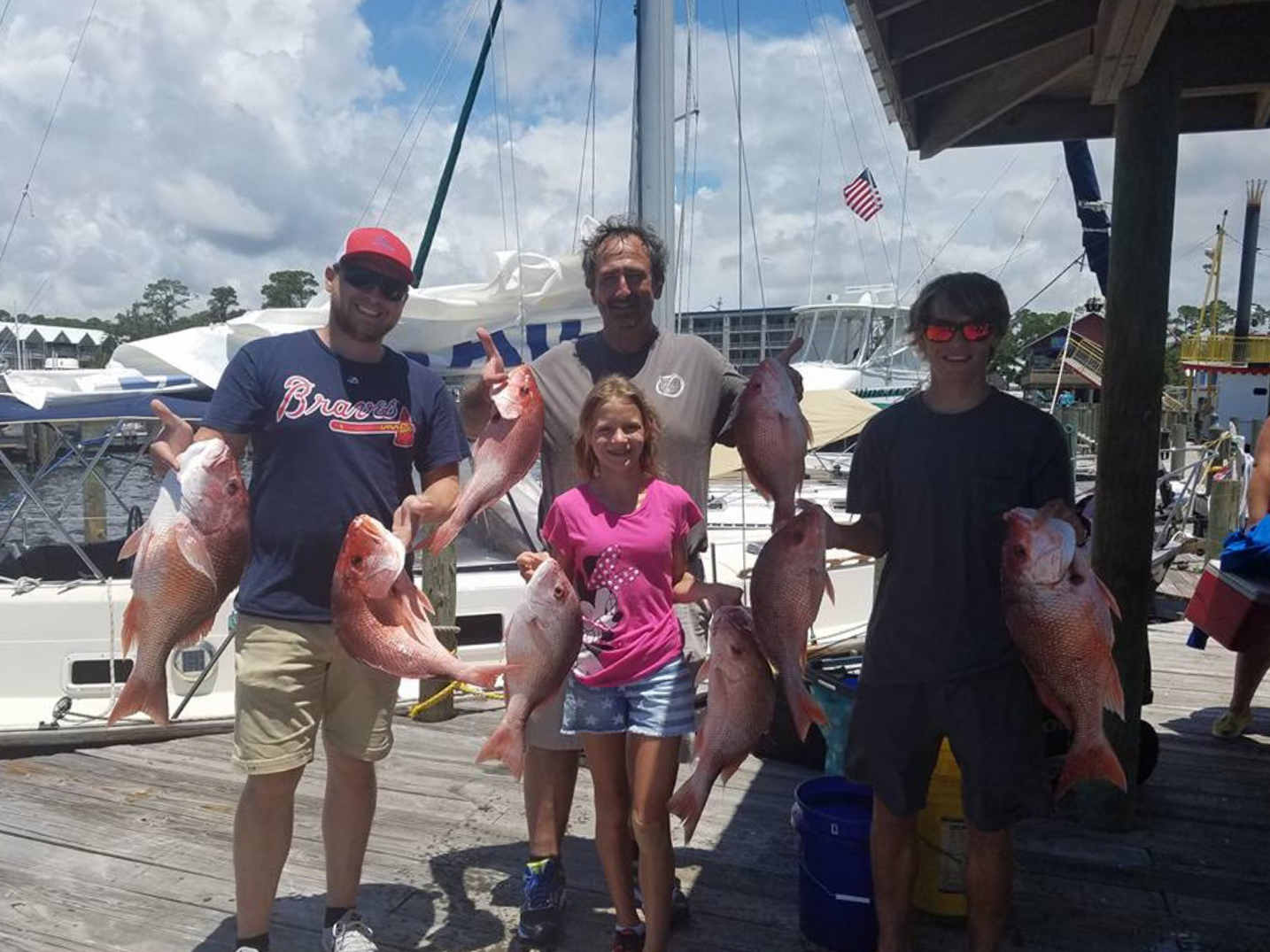
Fishing Locally
It’s as if Captain Tommy’s words echoed throughout the country.
As Americans were enjoying their newly rediscovered love for the outdoors, many of them decided to take to the water. Even before charter fishing reopened, fishing license sales went up across the board.
In California, anglers bought more licenses in eight months of 2020 than in all of 2019. And it wasn’t just them. Arkansas, Minnesota, Milwaukee, Louisiana – the list of states with booming license sales goes on.

According to Ed Pratt from the Louisiana Department of Wildlife and Fisheries:
“Fishing license sales started showing increases during the first three months of the Governor’s stay-at-home order, during March, April and May when people found it was easy to go fishing, maintain social distancing, and have fun at the same time.
From March through July this year, LDWF sold about 60 % more basic fishing and saltwater licenses that for the same period last year.”
The Return of the Charters
Once the reopenings started in May, charter fishing had its own resurgence. According to the NOAA data for May and June, charter fishing trips in Maryland, Florida, and Alabama had almost reached 2019 numbers. In South Carolina, they even rose by 30%.

In the new social distancing climate, many anglers chose to book their trips online, as opposed to hooking up with a captain directly at the marina. As a result, online fishing charter bookings in May rose by 25% compared to 2019, followed by a whopping 95% rise in June.
The Other Side of the Coin
While states like Texas and Florida had their share of challenges, they had a reassuring number of success stories, too. In other places, business owners and employees weren’t as fortunate. Remote fisheries like Alaska and Hawaii counted on air travel and cruise ships for the majority of their business. This year, both were nowhere to be seen.
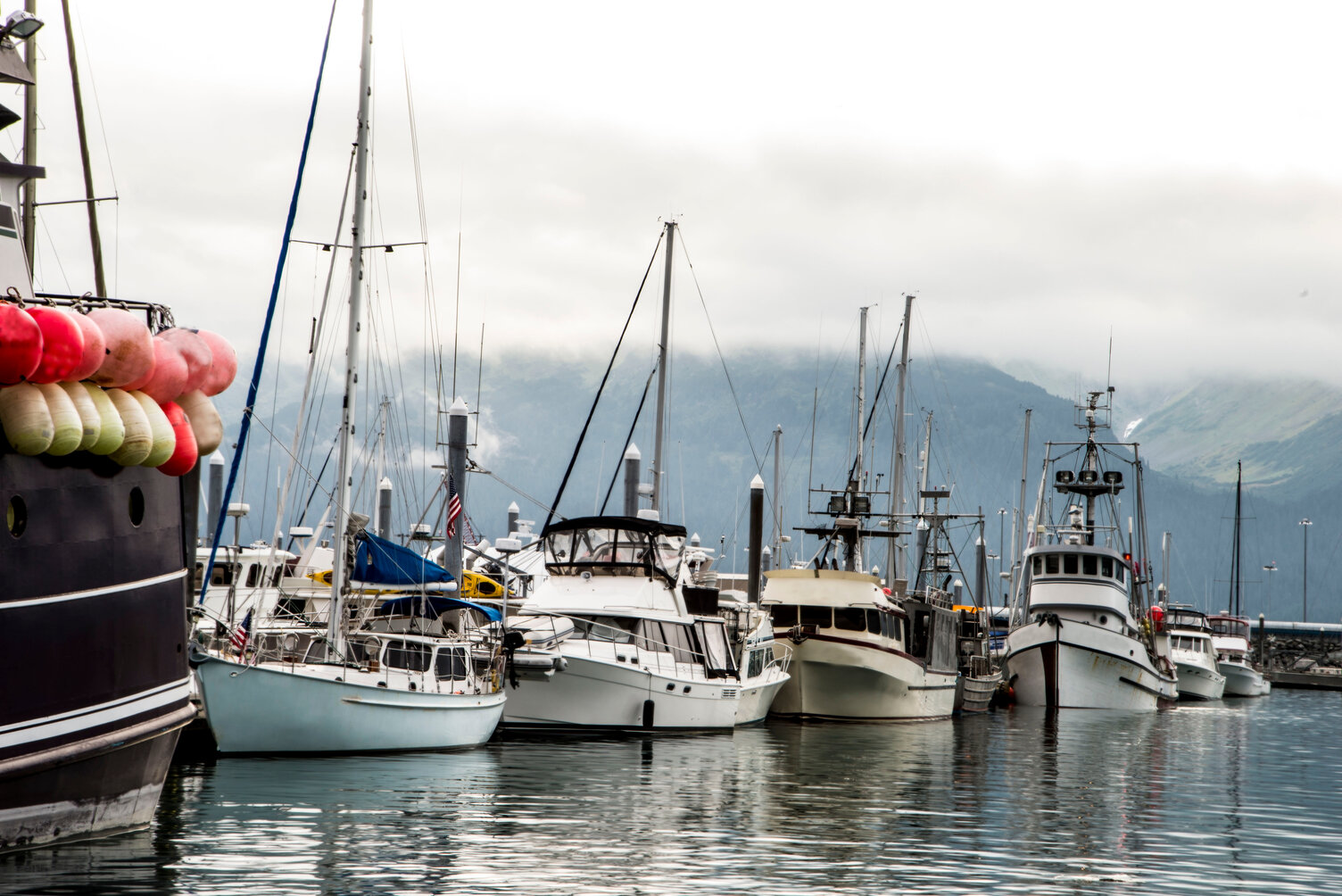
With no visitors from the lower 48, one of Alaska’s most popular fishing destinations, the Kenai Fjords National Park saw a 73% drop in yearly visits. Tourism revenue has plummeted by 83 %, and many fishing-related businesses had to close shop.
While Alaska started allowing out-of-state visitors to enter with a negative Covid test in June, Hawaii has yet to make this decision.
Looking Ahead
2020 is a year many will like to forget. From heartbreaking losses to unexpected resurgences, this summer season was a far cry from years past. While some fishing businesses are still keeping their season alive, others have already started preparing for the next one.
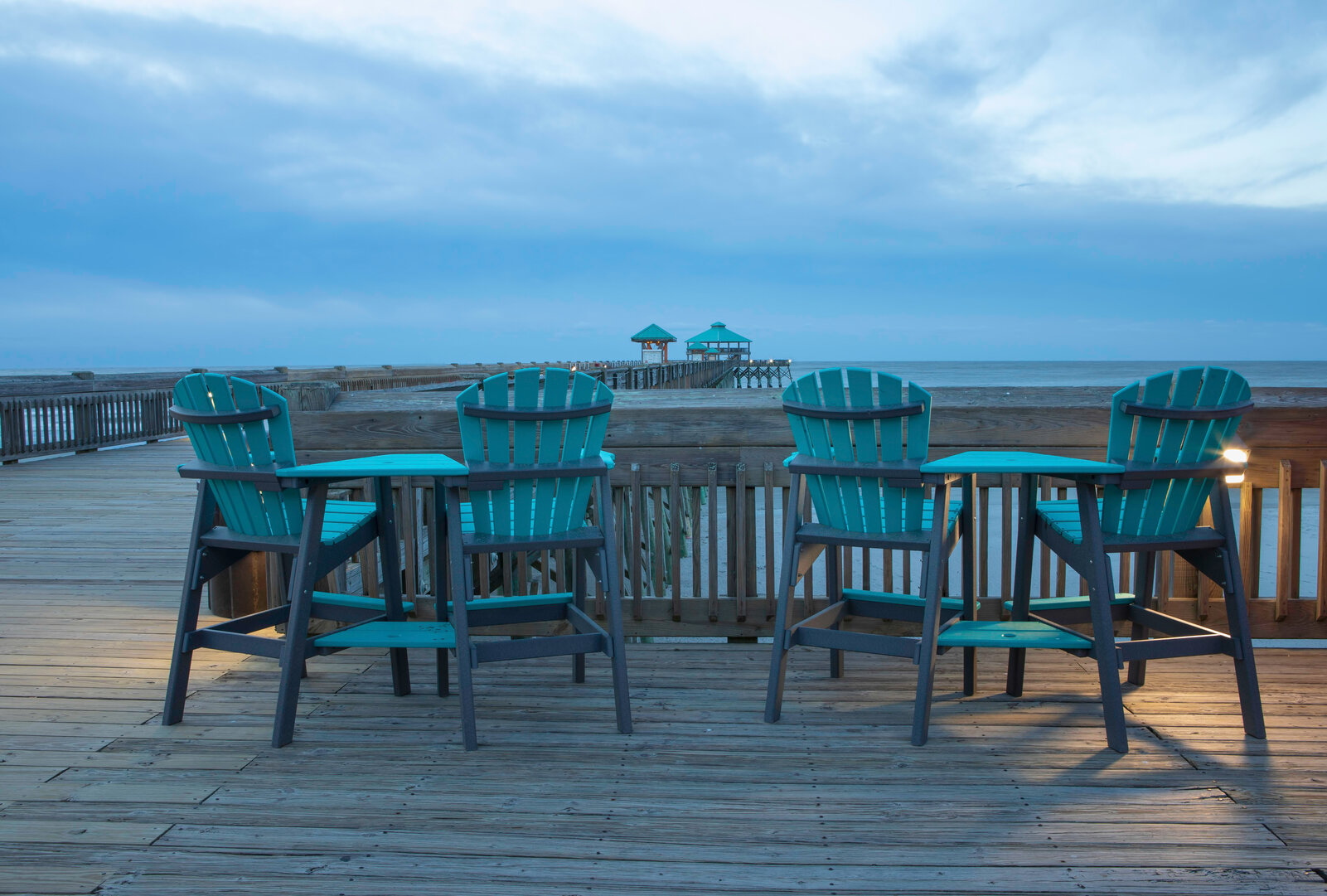
According to research by the US Travel Association, travel spending will start gradually improving in 2021. However, the same study shows that it will take three years for it to return to normal. What exactly the future will bring is anyone’s guess. But if this year’s fishing season is an indicator, recreational angling will have a chance of bouncing back even sooner.
Captain Joseph Dennis out of Mount Pleasant, South Carolina is feeling confident. “I’ve been getting more bookings for the fall for freshwater than ever before”, he says, adding that most trips are now being booked online.

Captain Ralph agrees: “I’ve had a tremendous year with online bookings, and I think next year will be the same. People are becoming more comfortable with going out, and everybody’s at home with the new hygiene rules”.
Time will tell how the future of fishing will play out, but if Captain Joseph and Captain Dennis are right, we’ll all have something to look forward to.
